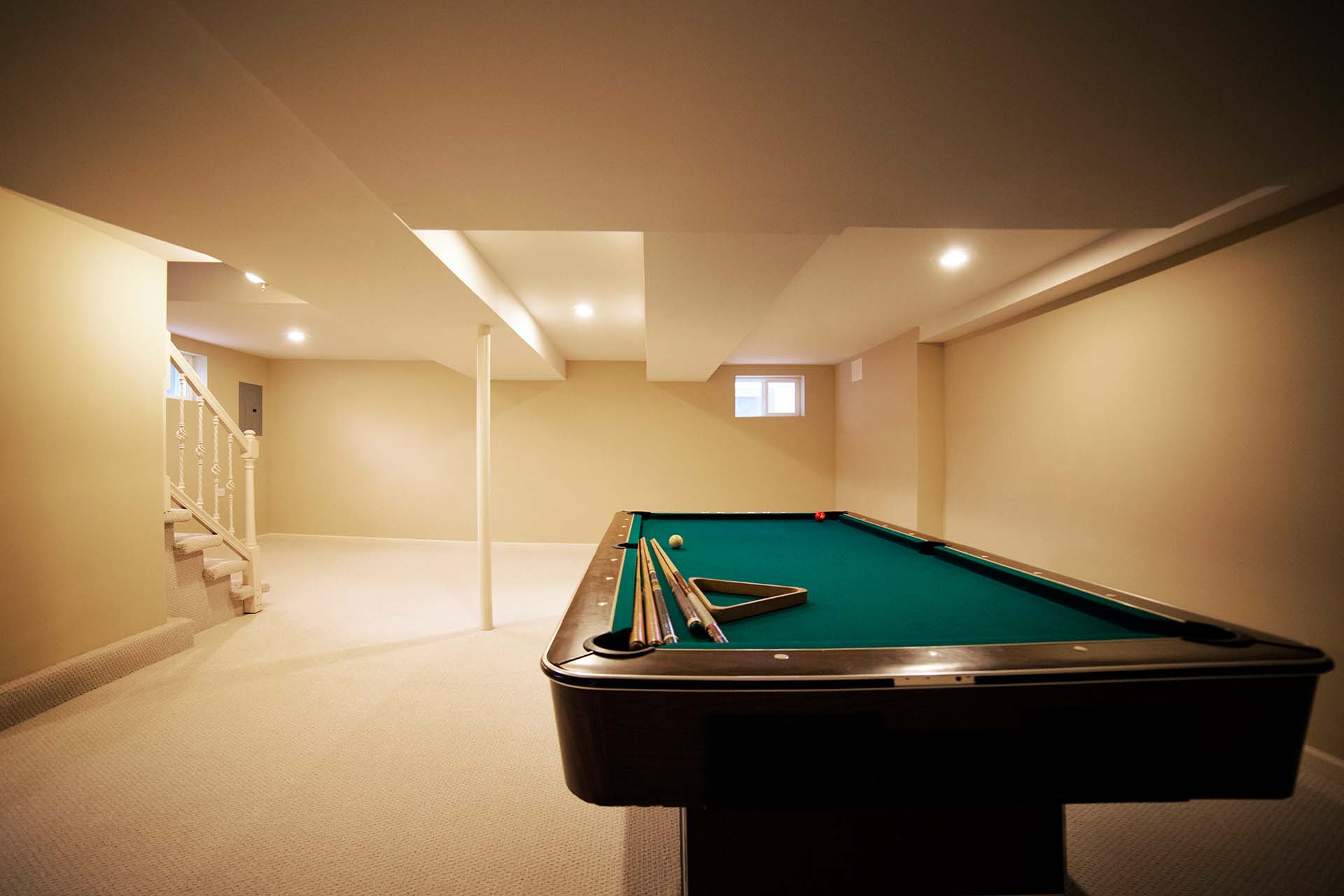Why Are Basements Usually Damp?
Basements being damp and moist is a common problem that most homeowners face. Regardless of the size, any moisture found in a home’s basement needs to be fixed as soon as possible. From damaging the structural integrity of a home to producing toxic mold that can pose serious health hazards, basement moisture can create major issues in any home. To fix a problem, you must know how it starts. So, if you are experiencing a damp basement, here are a few reasons why this may be happening.
1. Interior Water Leaks
Although this may be obvious, while attempting to determine the source of dampness in your basement, you must always search for internal leaks first. A water leak can originate from a variety of sources, including a shower, a sink, a toilet, a washing machine, a dishwasher, or a faulty pipe, to mention only some. An internal water leak may be to blame if the dampness in your basement is situated on the ceiling or walls beneath a bathroom or kitchen. You must determine the source of the moisture and whether or not something in that region is leaking.
2. Bad Grading
Because of poor grading, rain or groundwater frequently finds its way into basements. The soil around your home should fall away from it, not towards it. Water will build against the structure of your home and eventually make its way inside if it drains in the incorrect direction. This frequently occurs when the fill soil around your foundation is not adequately compacted. The slope changes when the soil settles, resulting to the water flowing towards your house rather than away from it.
3. Damaged Gutters and Downspouts
The goal of gutters and downspouts is to move rainfall away from the core of your home. Rainwater is frequently directed towards your foundation if your gutters and downspouts are absent or not working correctly. Water can gather in the soil surrounding your home as it pours toward it. If water collects around your foundation, it will most likely make its way into your basement.
4. Cracks in Foundation
If you have cracks in your basement, water will reach them and make its way into your basement. In fact, water is sometimes the source of the openings themselves. If the floor joists are not correctly linked to the foundation walls, the walls might slide, resulting in fissures. Water may really create foundation cracks owing to insufficient drainage in the soil. If water is not diverted away from your foundation, it can build up against the foundation walls, causing pressure to drive the water into the walls and cause fractures. This is why water may enter your basement through fractures regardless of how they occurred.
5. Condensation
Basement condensation happens when heated, damp air comes into touch with the chilly floor and walls of your basement. Moisture is formed as the walls cool the heated air, similar to condensation on a cold beverage on a hot summer day. If the moisture in your basement is caused by condensation rather than a leak or sewage issue, you're fortunate since these issues are often easier and more affordable to repair.
Your basement may be damp for a number of reasons. Some of these reasons may be interior water links, bad grading, damaged gutters and downspouts, cracks in your foundation and condensation. No matter the reason, you must address it without wasting a second because dampness can cause further problems in the future that will be harder and more expensive to resolve. So, talk to a trusted contractor today in order to invest in basement waterproofing and avoid these problems from happening.

